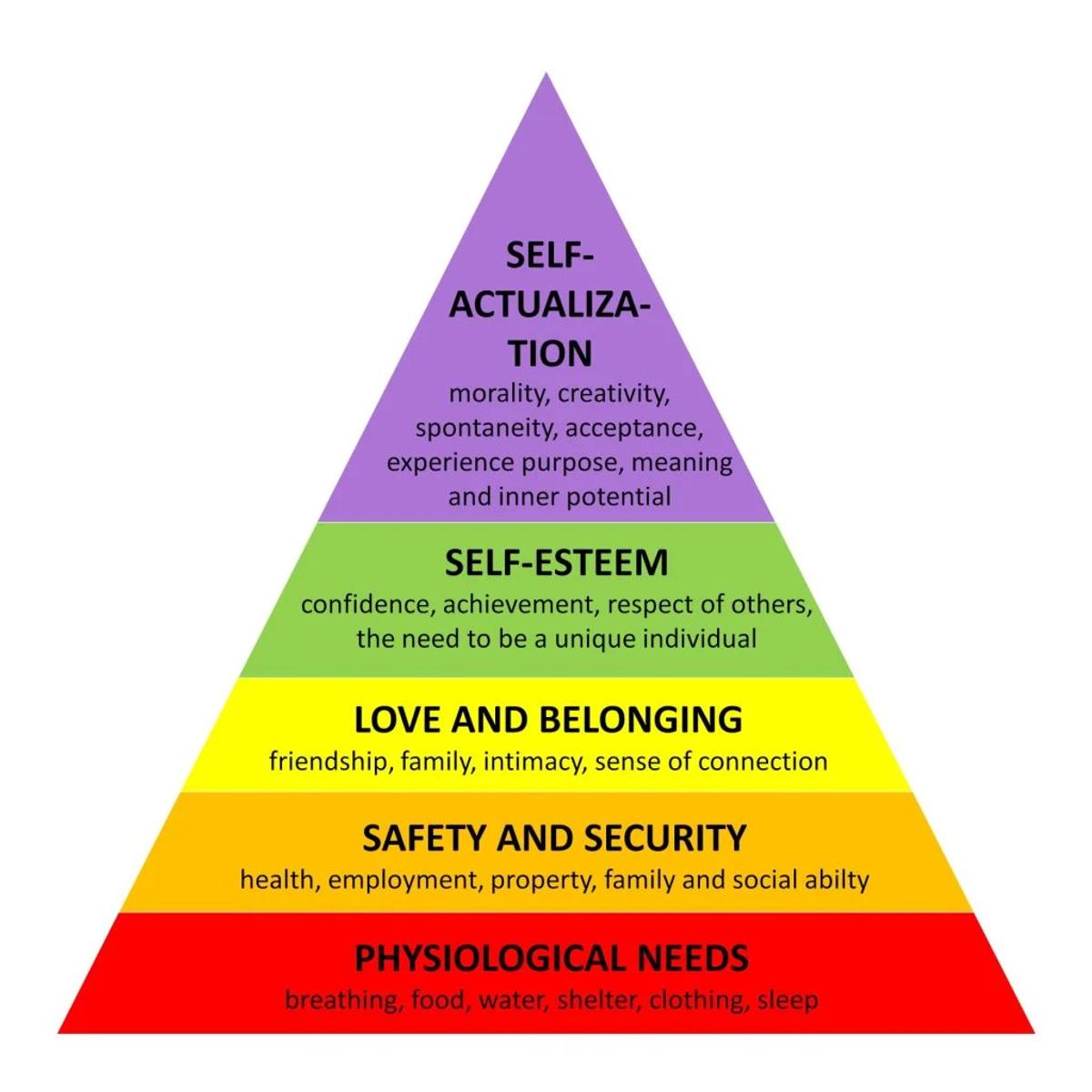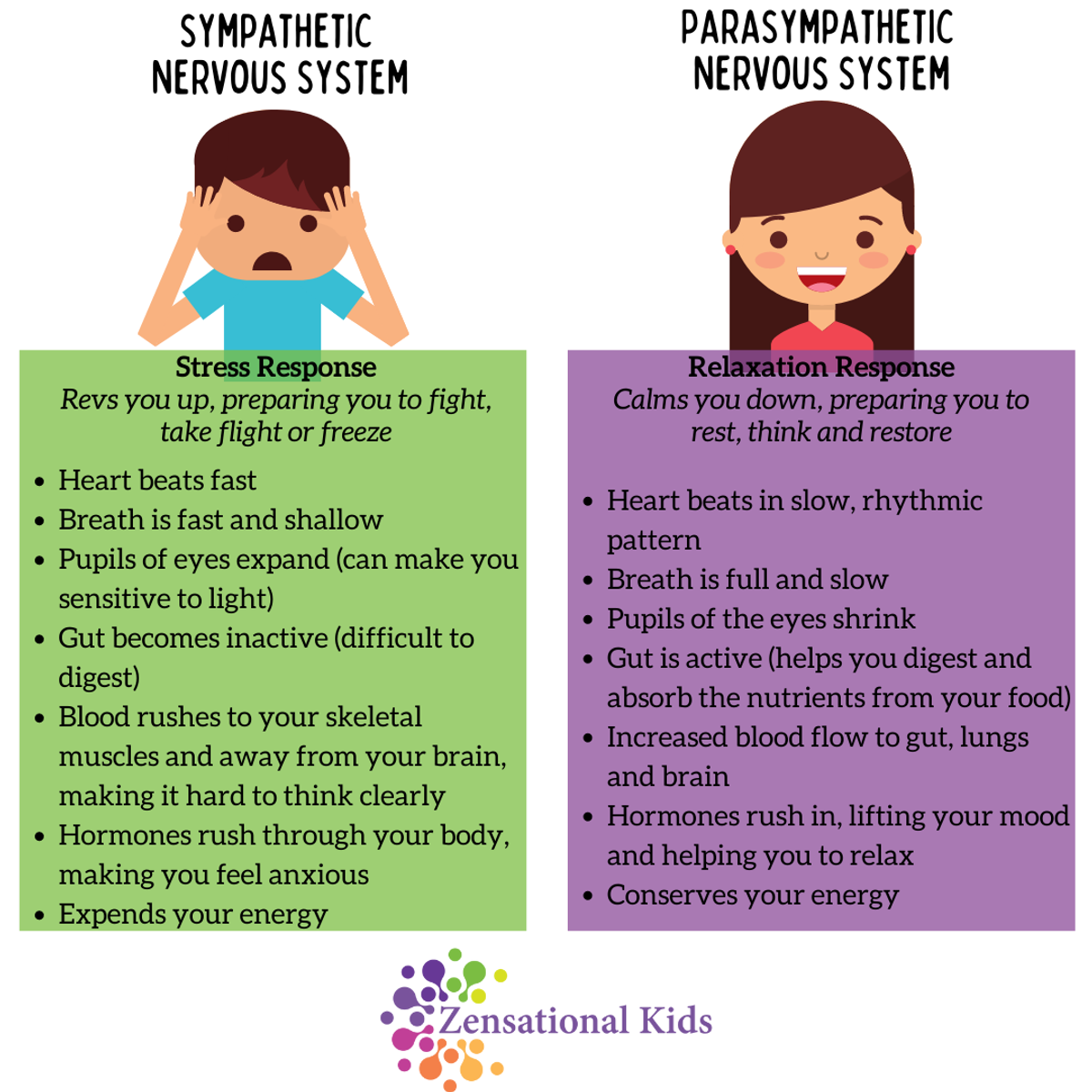Connection
A WOLLERT NORM

Connection
A WOLLERT NORM


Happiness is amplified when we feel a sense of belonging and connection. Maslow's Hierarchy of Needs was developed by a psychiatrist (Abraham Maslow) in 1943 to describe human motivation. Five level of needs are identified in this, all of which influence our philosophy and approach at Wollert.
Level 1: Water, brain food, healthy lunch and snacks, appropriate clothing to meet school needs and adequate sleep to support brain function and learning are critical for our students.
Level 2: Safety and security come in the form of our predictable routines, processes, structures and supports we shared in our last newsletter.
Level 3: Belonging, love, friendships and relationships extend our community and in turn, fosters connection as a fundamental need of all.










We work hard every day to make strong connections a priority for us all. When times get tough, how we interact and feel around people goes a long way in lifting us up. Connection and relationships are also strongly linked to positive and/or negative behaviour. Our mindset around behaviour sees the old thinking of an 'attention seeking student' seen as a 'connection seeking student' instead. When we shift this mindset, our approach with students shifts too. Connection really is a pre-condition for success in our school and something we value greatly.






When we feel we belong and connected to our environment and the people within it, we begin to feel safe, and as a result can become more in tune with our emotions and our behaviour. We refer to our behaviour as being balanced or unbalanced. Our nervous system and brain need to be in synergy for us to be in flow and be at an optimum level for learning. For this to happen we are explicit with our language and our intent to teach our students emotional vocabulary that assists them to understand when 'big feelings' arrive and how to bring balance back to bodies and minds.
Challenging behaviour is not only tricky and tiring for the adults managing it. Challenging behaviour is tricky and tiring for the student demonstrating it. A student never really wants to behave in a negative way, often it is because they do not have the strategies or tools to bring balance to their nervous system and brain. Our school wide mission is to help our students develop a strong understanding of self, so that most of our students feel balance on most days. When this happens, we create optimum learning conditions for all.









